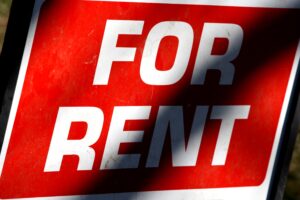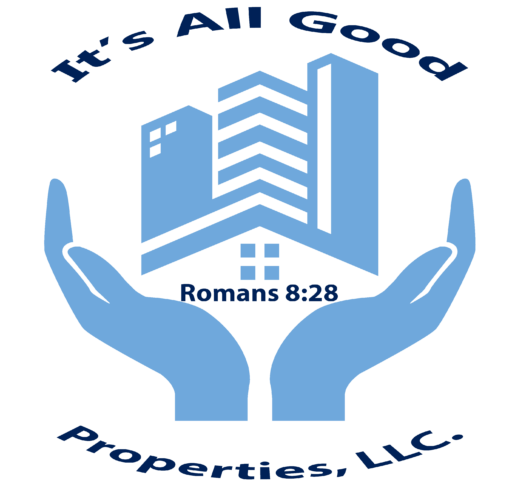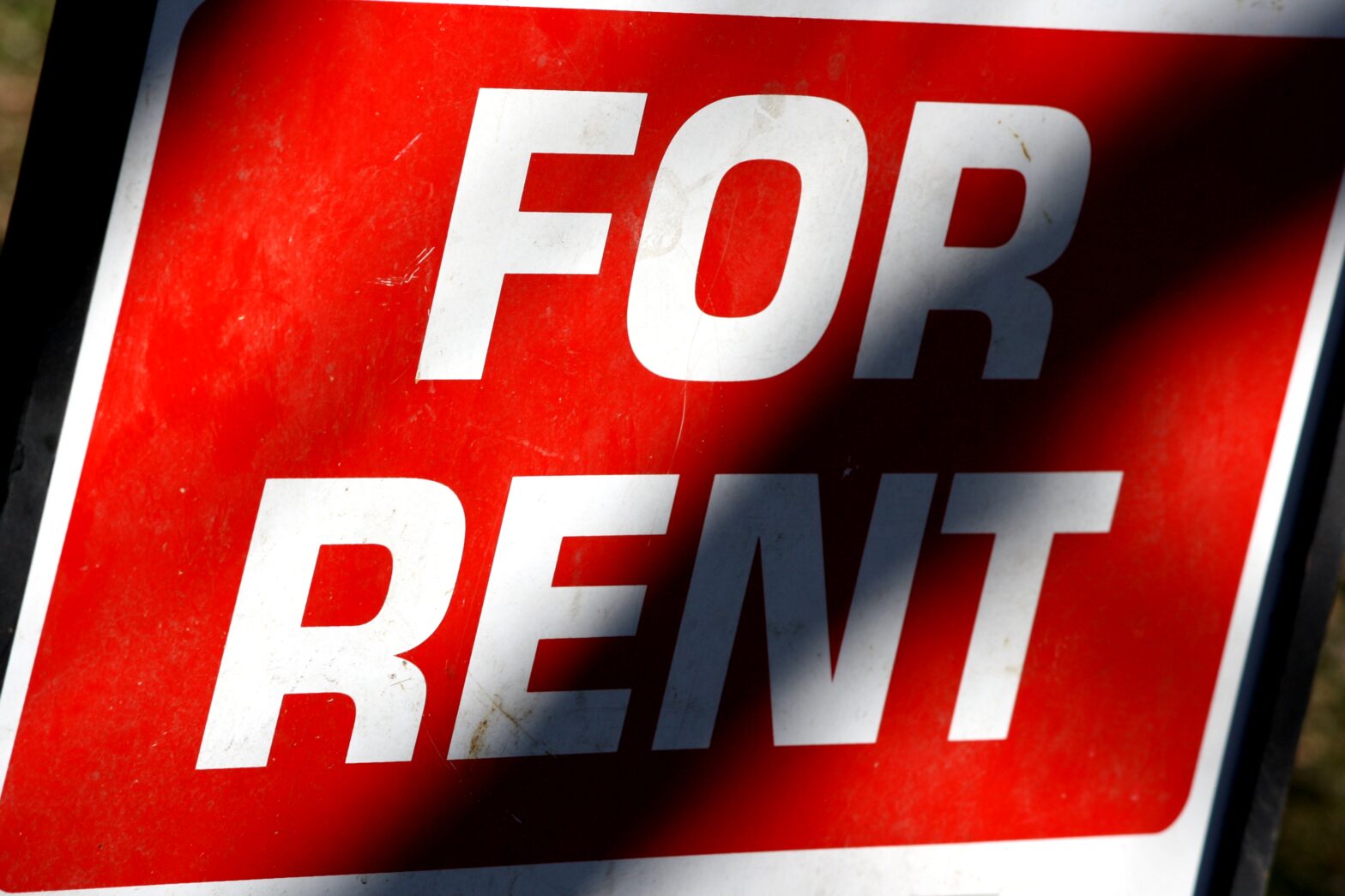 There are more rental property opportunities available today than ever before. A growing number of potential homebuyers are holding off and flooding the rental market. This has created ample demand for rental properties and in turn demand for landlords.
There are more rental property opportunities available today than ever before. A growing number of potential homebuyers are holding off and flooding the rental market. This has created ample demand for rental properties and in turn demand for landlords.
On the surface, owning a rental property is easy. You buy a property, find some tenants and wait by the mailbox for rent checks. If it was only that easy, everyone would do it. Being a landlord isn’t the hardest thing you will do in real estate, but it is certainly has it’s set of challenges. If you don’t know what you are doing going into it, you can quickly get swallowed up by the process. Before you make an offer on a rental property there are a few key items you need to consider. Here are five do’s and don’ts to becoming a successful landlord.
- DON’T buy unless you know the process. As we stated, there is more to being a landlord than collecting rent checks. Owning a rental property is very much like running a small business. You need goals, a budget, systems and processes. Without these in place you will scramble around without any real direction. Start by assessing how you plan on finding tenants. From there think about ways you will vet them to ensure you know who you are renting to. You also need to consider your lease, rent collection, household rules and penalties for breaking the lease. There is also the matter of dealing with tenants moving in as well as the end of lease checklist. Being a landlord, you will have days, even weeks, where you won’t even think about the property and other weeks you will be forced to handle three different items with it. Before getting too far, know and understand the process.
- DO spend time on your lease. Most tenants, and landlords, understand the importance of a quality lease. They know if there are any questions or disputes to refer to the language of the lease. However, as obvious as this may seem there are still many landlords who fail to give the lease the attention it deserves. Instead of spending the money to have an attorney craft a personal lease, they go with a generic version online. This may help get through a few months, but when there is a real issue they will be in trouble. You don’t necessarily need a 15-page lease with language even an attorney couldn’t understand. You should have something that offers the protection you desire and has the rules you want to enforce in place. Write down the three biggest things that are nonnegotiable lease breakers for you. This could be anything from smoking to pets to parking concerns. Make sure your attorney includes these front and center in the lease. Hopefully, you will never have to refer to the lease but if you do you will be glad you have the lease you really want.
- DON’T initially rent to friends and family. Renting to friends or family seems like a great idea on the surface, until something happens. If you run your rental like a business, you need to be able to crack the whip at times. If a tenant is bending the rules of the lease you need to be able to let them know. If they outright break the rules you must be willing to follow the lease and enforce whatever penalties are in place. When renting to friends or family this isn’t always the easiest thing to do. How would you react if a friend of yours damaged the property? How about if they were late on the rent? If you are not willing to have difficult conversations with them than you need to consider renting to someone else. As well intentioned as renting to someone close to you is, there is also the potential for bad things to happen.
- DO know you can hire a manager. It has often been said that the smartest people know what they don’t know and find ways to compensate for it. As a landlord there are plenty of odds and ends needed during almost every lease. You can bet that there will be a clogged toilet, broken refrigerator or window that needs replacing along the way. None of these items requires a carpenter’s license, but they still need to be done. If you don’t possess the time or aptitude to do them, you should seek out a dedicated property manager. A property manager will eat at your bottom line, but it also allows you to focus on other areas of your business without being burdened with property and tenant issues all day. If there is residual cash flow, it is something that should at least be considered.
- DON’T rent without guidelines. Every day there are stories from landlords who got into trouble renting to the first available tenant. As much as you want to fill a vacancy and get the property rented, you need to think about the big picture. How will you feel about the tenant six months from now? Every new tenant must be given an application with references called and employers contacted. You can go so far as a credit check or ask for pay stubs, but you need to be comfortable with who you are renting to. If the tenant stops paying, nothing else with the property really matters.
Being a successful landlord takes time and commitment. Use these five do’s and don’ts as a guide on your next rental property.
See the original at https://www.cthomesllc.com/2018/12/5-dos-and-donts-of-landlording/

